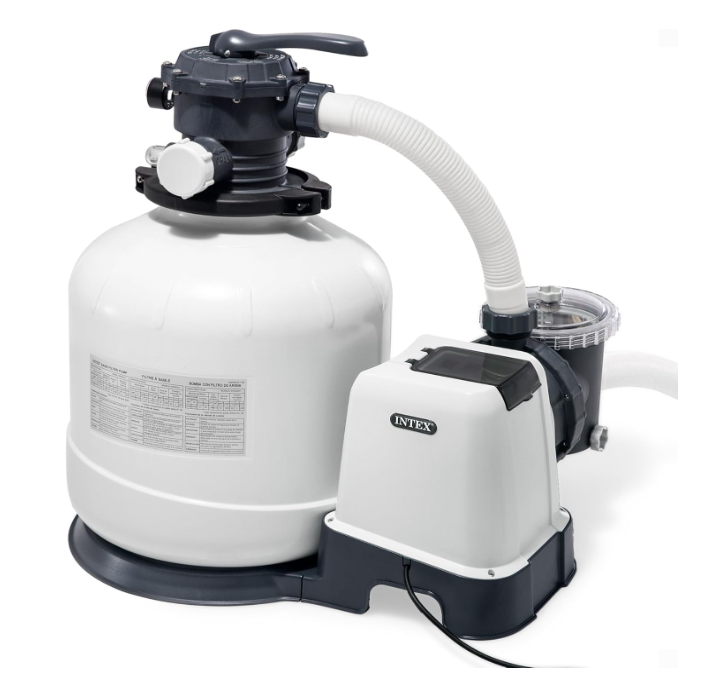How do I know if my pool pump is too powerful?
- AboveGroundSplash

- Feb 4, 2025
- 2 min read
A pool pump that is too powerful can cause several problems, including poor filtration, high energy costs, and potential damage to your pool system. Here’s how to tell if your pump is too strong:
Signs Your Pool Pump Is Too Powerful
🔹 High Water Flow in the Skimmer – If the skimmer is pulling in water too aggressively, it could mean excessive suction.
🔹 Short Filter Cycles – If your filter requires frequent backwashing or cleaning, the pump may be pushing water too fast for proper filtration.
🔹 Blasting Water from Return Jets – If return jets feel like high-pressure hoses rather than a steady flow, your pump may be oversized.
🔹 Excessive Air Bubbles – Too much suction can cause air leaks, leading to bubbles in the pool.
🔹 Noisy Operation – A loud pump (beyond normal motor noise) can indicate strain on the system.
🔹 Leaks or Damage to Plumbing – High pressure can cause cracks, leaks, or even blown-out pipes.
🔹 Increased Energy Bills – A bigger pump than needed will use more electricity, increasing costs unnecessarily.
How to Fix It
✔️ Check Your Flow Rate – Compare your pump’s gallons per minute (GPM) rating with your filter’s flow rate capacity. A pump that exceeds the filter’s max GPM is too strong.
✔️ Use a Lower Speed (If Possible) – If you have a variable-speed pump, lower the speed to avoid overpowering the system.
✔️ Downsize Your Pump – If your pump is truly too strong, replacing it with a lower horsepower model may save energy and improve filtration.
✔️ Add a Flow Restrictor – Some systems can benefit from a valve to slow down water movement.



Comments